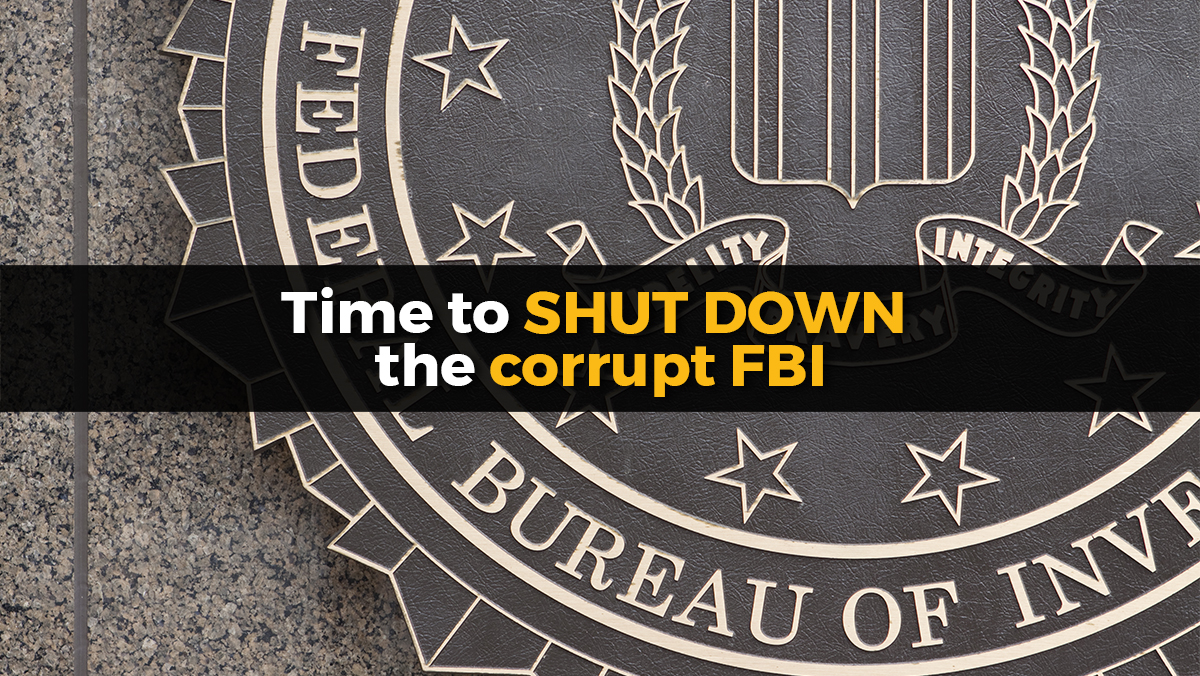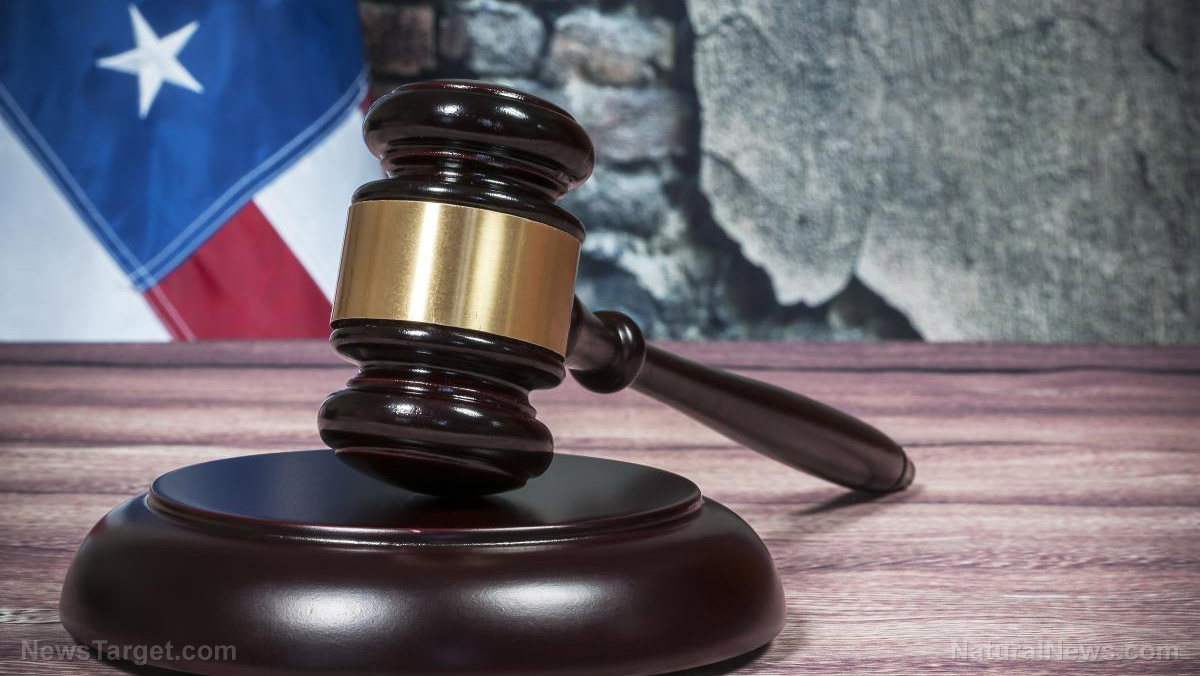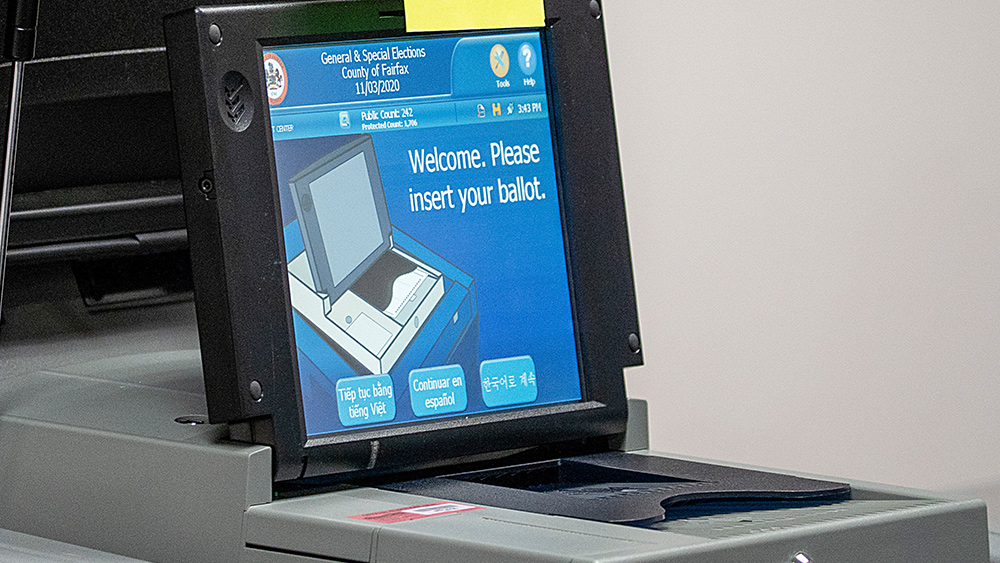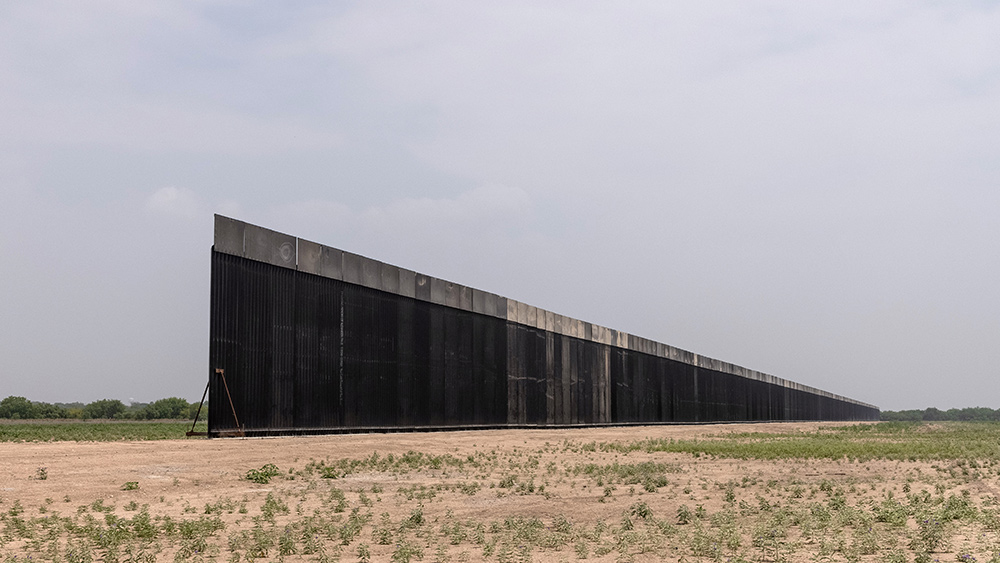LA Police to collect social media data on civilians they interview
09/14/2021 / By Mary Villareal

The Los Angeles Police Department has been instructed to collect social media information on every civilian that they interview, including those who haven’t been arrested or accused of a crime.
According to the report, field interview cards that are used by LAPD officers have instructions to record a civilian’s Facebook, Twitter, Instagram and any other social media accounts, together with their basic biological information. This information will be used for “investigations, arrests, and prosecutions.” Moreover, the cards will be audited by supervisors to ensure that they’re properly filled out.
Rachel Levinson-Waldman, a deputy director at the Brennan Center for Justice said that there are real dangers about the police acquiring these data.
Monitoring of social media accounts began in 2015, when the LAPD’s interview cards contained a line for “social media accounts.”
Former LAPD Chief, Charlie Beck said that a person’s online persona or identity used for social media can be very beneficial to investigations.
The LA Times noted that over half of civilians stopped by the LAPD, who have had their personal details taken were not arrested or cited. Last October, criminal charges were also filed against three officers in the LAPD’s metro division for using cards to falsely label civilians as gang members when they were stopped.
Privacy concerns
When police obtain social media information from civilians, it invites the possibility that officers will monitor people’s friends and other online connections, creating additional privacy concerns.
Levinson-Waldman noted that authorities have historically used Facebook photos and “likes” to accuse people of criminal gang activity.
Hamid Khan from Stop LAPD Spying Coalition noted that the police force shares data with federal law enforcement agencies through “fusion centers,” and have used predictive policing technologies that rely on data collected from the field and could criminalize communities of color.
Khan compared this protocol to a “stop and frisk” with a clear goal of surveillance, especially considering that the LAPD allowed officers to pose undercover to investigate groups — and create fake social media accounts in the process.
The Brennan Center also said that the LAPD is now looking into technology from Media Sonar, a social media tracking company that provides services to police departments. In the LAPD’s 2021 budget, as much as $73,000 was allocated to purchase the software to “help address a potential threat or incident before its occurrence.”
This means that the software can be used to stay on top of violence-related slang keywords and hashtags, and that offers pre-built keyword groups that will help jumpstart implementations of threats. (Related: China is expanding its surveillance police state system to monitor all corporations just like the left-wing virtue signaling conformity police in the USA.)
Potential for abuse
There is also potential for abuse as internal records show that officers tracking people and their connections are given little guidance on how to do so without violating privacy and the First Amendment rights. Oversight is practically nonexistent, according to the Brennan Center.
The surveillance does not end there. Brennan outlined the use of several deep-dive tools that are designed to extract information from a wide range of resources. They said that there are few limitations to offset authority. Officers do not need to document the searches they conduct, the purpose of such searches, or their justification.
They are not required to seek supervisory approval and there are no standards for the types of cases that warrant social media surveillance. Officers are instructed not to conduct social media surveillance for personal, illicit, or illegal purposes, however, they seem to have their discretion over whom to track, how broadly to track the online activity and how long to monitor them.
The Brennan Center also obtained documents related to Geofeedia, which is a private social media intelligence platform that partners with law enforcement and has previously marketed itself as a tool to monitor Black Lives Matter protests.
Read more about this issue on PoliceState.news.
Sources include:
Submit a correction >>
Tagged Under:
big government, citizens, conspiracy, insanity, LAPD, Police Abuse, police force, privacy watch, security, social credit score, social media monitoring, stop and frisk, surveillance, Tyranny
This article may contain statements that reflect the opinion of the author
RECENT NEWS & ARTICLES
COPYRIGHT © 2017 NATIONAL SECURITY NEWS






















